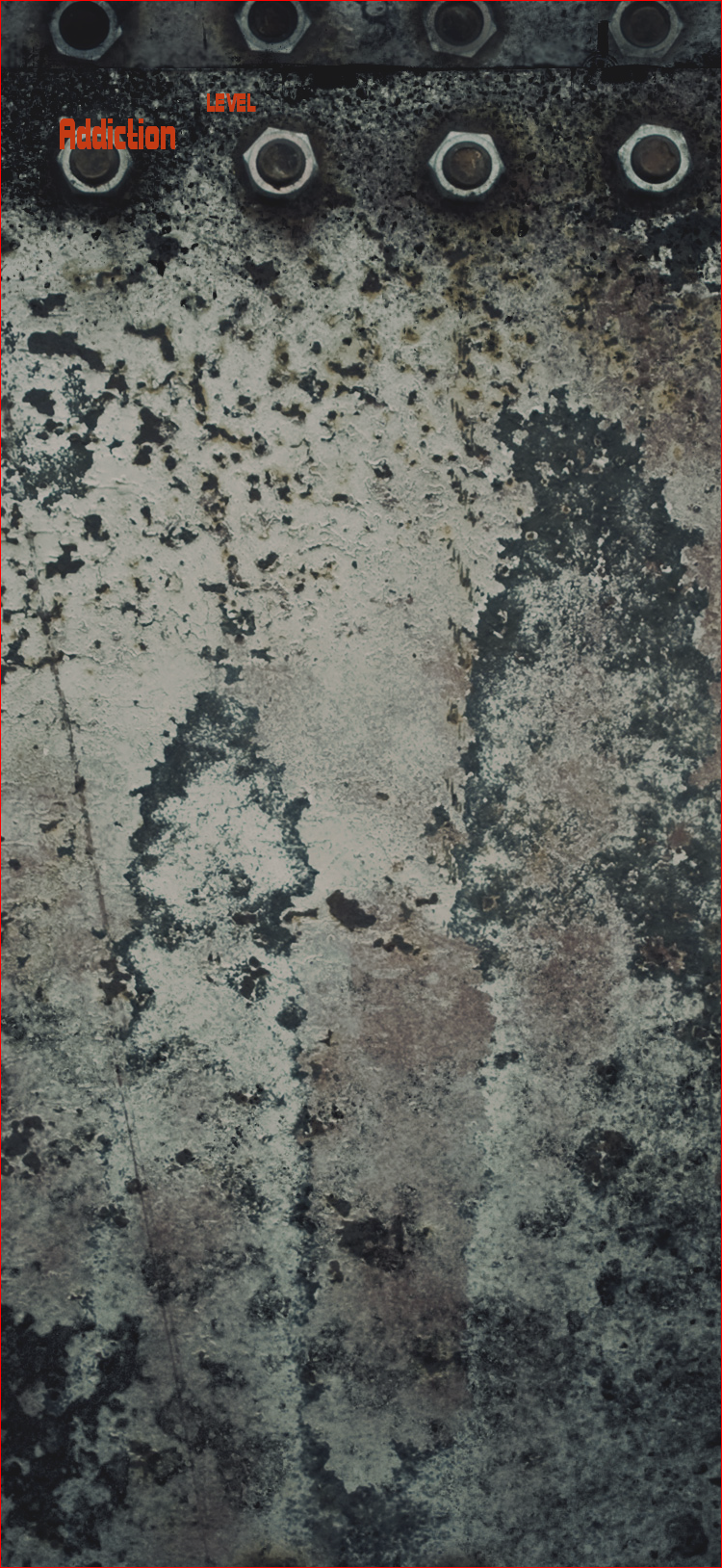



HOME
Random Pics

Anxiety, Depression, and Substance Abuse
Unless one is a practicing clinician, depression and substance abuse  are not typically
thought of as occurring together. Maybe this is because they are two separate diagnoses
and people view them that way in the realm of disorders as well. On the other hand,
many experts believe that depression can lead to substance abuse and vice-versa.
This article will look at major depression, anxiety, and substance abuse, then contrast
and compare similarities, as well as differences.
are not typically
thought of as occurring together. Maybe this is because they are two separate diagnoses
and people view them that way in the realm of disorders as well. On the other hand,
many experts believe that depression can lead to substance abuse and vice-versa.
This article will look at major depression, anxiety, and substance abuse, then contrast
and compare similarities, as well as differences.
Major depression is a combination of symptoms that are serious enough and last long enough to affect daily life. It is also called clinical, or major depressive disorder. In the United States, as well as worldwide, this disorder hails as the leading cause of disability . This is due to the fact that depressive episodes can get to a point where it leaves people totally incapacitated. They are unable to concentrate, to work, learn, or even care for themselves or loved ones. Left untreated, major depression can last for up to half a year or longer. For some fortunate individuals, only one incident of debilitating depression will be experienced in their lifetime, but for numerous others, periodic episodes of major depression can go on for years.
As mentioned, if not treated, episodes of deep depression can last for one or more years. This can lead to a physical and emotionally profound downward spiral. The individual suffering with major depression typically moves sluggishly and reports a feeling of heaviness in their legs and arms. Simply walking for these people requires an enormous amount effort. Personal hygiene becomes neglected and the individual often just wants to isolate themselves or stay in bed for days or weeks at a time. Suicidal ideations may occur frequently in their minds and may even become a recurring thought process. Usually the individual will recall unsettling or painful memories which contribute further to feelings of helplessness. If this wasn’t bad enough, now add a depressant to the mix such as alcohol and the situation becomes even worse.
More often than not, the substance abuse advances as a way for the individual to “self-medicate” symptoms of depression, however depression can also progress independently as the result of too much drug abuse. Nevertheless, whichever one comes first -- the substance abuse problem or the depression – having both illnesses will only continue to make the other worse. Substance abuse along with depression is a nasty roller coaster ride that never ends until both illnesses are treated simultaneously. Bottom line - individuals with co-occurring substance abuse and depression will rarely improve without treatment. Now we need to look at the role anxiety plays in the depression and substance abuse equation.
Believe it or not, anxiety is commonly linked with depression and substance abuse in both women and men. Anxiety and/or depression, when coupled with addiction and substance abuse, is called co-occurring disorders or dual diagnosis. In a study by Columbia University Medical Center, a whopping 85 percent of individuals with depression also experienced symptoms of anxiety (CUMC, 1995). Also, depression is diagnosed in up to 90 percent of individuals with anxiety disorders.